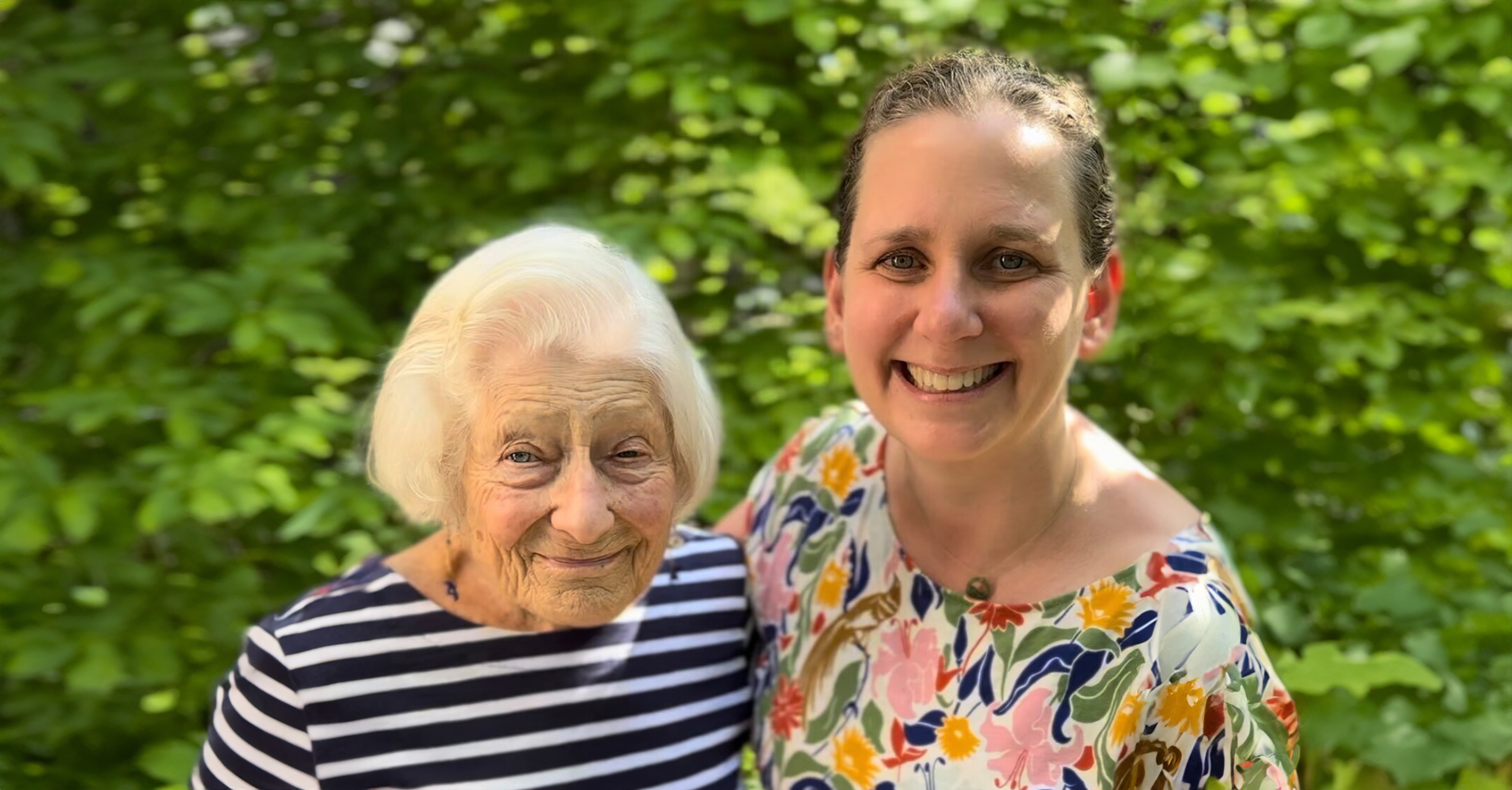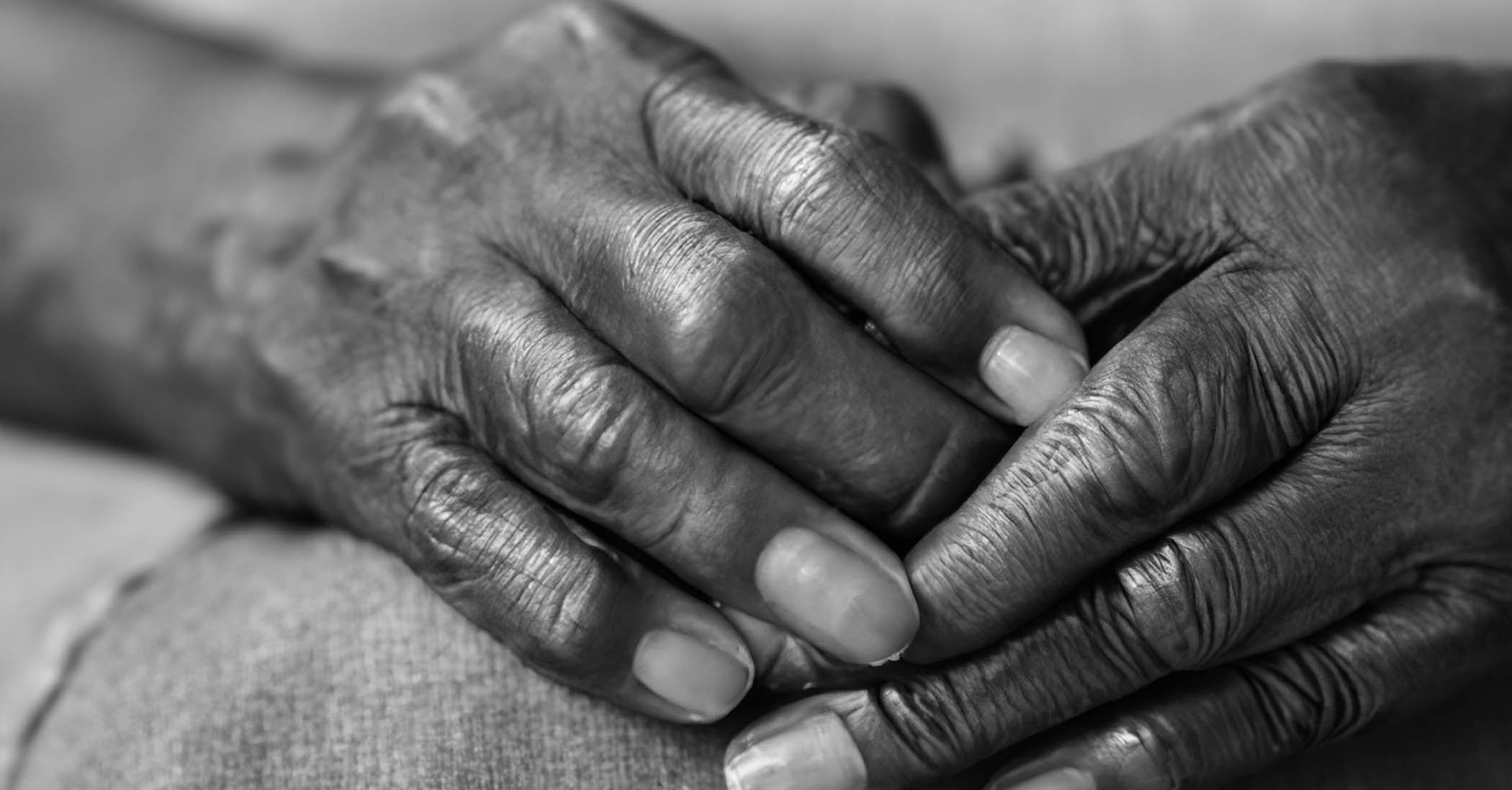
Family's Holocaust mystery brings two public health professors together
Uncovering a surprising connection between the families of Michigan Public Health faculty members Kate Bauer and Irene Butter
Michigan Public Health professor Kate Bauer and her family had long wondered about the family that had taken in their ancestor during the Holocaust. A guest speaker at Bauer’s children’s school led to a surprising discovery, linking the families of two School of Public Health faculty members.





